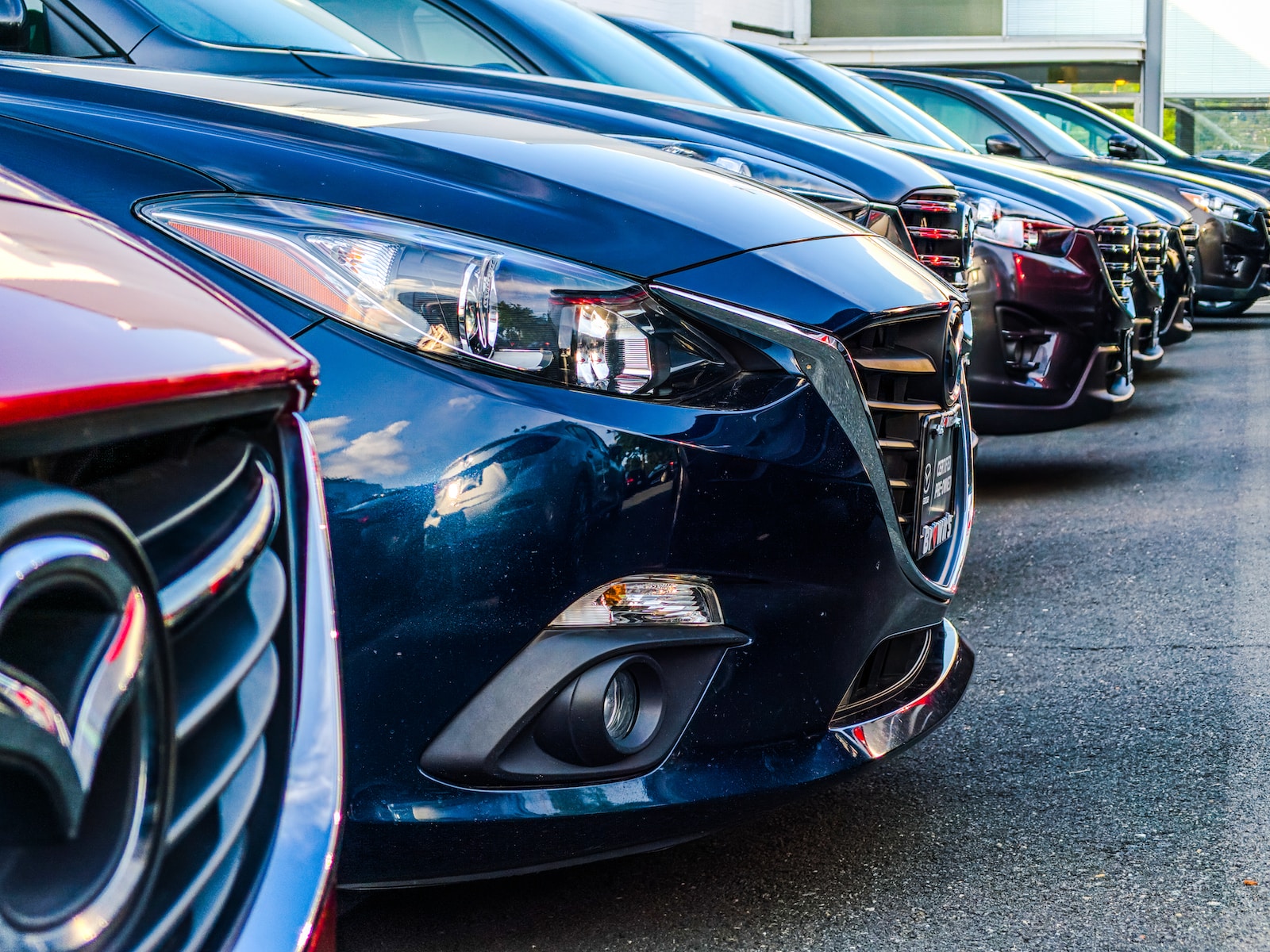
Photo by Obi – @pixel8propix on Unsplash
Most Reliable Cars According to Consumer Reports
December 1, 2023
In the world of automobiles, having the most reliable cars can be a cornerstone for brand reputation, and that’s why Consumer Reports completes its annual survey for reliability. Lexus, Toyota, and Mini have championed the list, with Lexus leading the pack, Toyota coming second, and Mini securing third position in terms of reliability. Honda’s luxury branch, Acura, snatched fourth place and the mainstream Honda itself rounded up the top five. This comprehensive view is achieved via member-reported issues for vehicles ranging from the year 2000 to early 2024 models, with data collected from over 330,000 vehicles.
The assessment considers 20 potential problem areas, from less critical annoyances like squeaky brakes and faulty interior trim to more serious issues related to the engine, transmission, electric vehicle (EV) batteries, and EV charging systems. The severity of these problems is factored in, resulting in a predictive reliability score for every tested vehicle, scaled from 1 to 100.
With the rise in electrified cars, three new issue areas have been introduced: issues with the electric motor itself, EV or hybrid batteries, and EV charging mechanisms. This expansion means that the list of potential trouble spots now totals 17 for internal combustion engine vehicles, 12 for electric vehicles, 19 for hybrids, and 20 for plug-in hybrid electric vehicles.
In the geographical showcase of reliability, Asian automakers have the winning edge with an impressive average reliability score of 63 out of a maximum of 100. Seven of the top 10 most dependable brands come from Asia. European brands follow in second place, and domestic brands come third with an average score of 39. Cars — sedans, hatchbacks, and wagons to be precise — continue to top the list as the most reliable vehicle type, boasting an average reliability score of 57 out of 100. They are followed by SUVs and minivans, scoring 50 and 45, respectively. The bottom spot is held by pickup trucks, with a reliability score averaging at 41.
The report shows an outstanding performance in the hybrid section, demonstrating 26% fewer problems than traditional ICE vehicles. Lexus models, namely UX, NX Hybrid, and a selection of Toyota hybrids have performed notably well. Plug-in hybrid electric vehicles (PHEVs), conversely, have presented a significant increase in problems (146% more) when compared to traditional ICE vehicles. Nevertheless, some models like the Toyota RAV4 Prime and Kia Sportage have stood out for their above-average reliability.
The Final Rankings
Below you’ll find the top 30 car brands based on their average predicted reliability on a score between 1 and 100:
- Lexus: 79
- Toyota: 76
- Mini: 71
- Acura: 70
- Honda: 70
- Subaru: 69
- Mazda: 67
- Porsche: 66
- BMW: 64
- Kia: 61
- Hyundai: 56
- Buick: 55
- Infiniti: 53
- Tesla: 48
- Ram: 46
- Cadillac: 45
- Nissan: 45
- Genesis: 44
- Audi: 43
- Chevrolet: 43
- Dodge: 42
- Ford: 40
- Lincoln: 38
- GMC: 36
- Volvo: 28
- Jeep: 26
- Volkswagen: 26
- Rivian: 24
- Mercedes-Benz: 23
- Chrysler: 18
Recent News
Tesla’s Supercharger Shake-Up Leaves Uncertainty
Tesla’s recent layoffs have raised questions about the future of its Supercharger network. With close to 500 workers cut, including key figures, Tesla’s move signals a significant shift in its charging strategy. This decision comes amidst CEO Elon Musk’s ongoing efforts to streamline operations.
Formula One Gets Boost in Miami Merchandise Sales
J.P. Morgan Payments steps up to manage transactions for Formula One merchandise during the Miami Grand Prix, on-site and online.
Vodka Introduces New Spirit From Outer Space
In the realm of spirits, innovation is often the key to standing out amidst a sea of familiar flavors. Enter Shooting Star Vodka, a groundbreaking concoction that defies convention with its infusion of a truly extraterrestrial ingredient: a meteorite discovered in 1977. This celestial addition has transformed the humble vodka into a cosmic elixir, promising drinkers a taste experience unlike any other.
Survey Reveals Britain’s Favorite Breakfast Cereal
When it comes to breakfast cereals in Britain, one particular brand has managed to carve out a niche for itself: Crunchy Nut corn flakes. Despite its high sugar content, this classic cereal has been dubbed Britain’s favorite, a title it has held for almost 50 years. Originating from the Kellogg’s factory in Trafford Park, Manchester, in 1980, these corn flakes, enhanced with honey, molasses, and peanuts, exceeded initial sales projections by threefold within the first three months.

